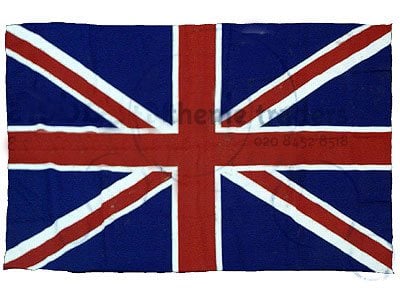The Union Jack Flag: A Symbol of National Pride

Introduction
The Union Jack flag, a well-recognised symbol of the United Kingdom, represents the unity of England, Scotland, and Northern Ireland. As the country’s national flag, it holds immense cultural and historical significance, reflecting over three centuries of British heritage. In an ever-evolving global landscape, the importance and symbolism of the Union Jack remain pivotal to discussions about national identity and patriotism.
History of the Union Jack
The origins of the Union Jack date back to 1606 when King James I of England unified the crowns of England and Scotland. The design combined the crosses of St George (the patron saint of England) and St Andrew (the patron saint of Scotland), with the addition of St Patrick’s cross (representing Ireland) in 1801. The result is a striking flag that embodies the unity of the United Kingdom’s distinct nations.
Recent Events and Relevance
In recent weeks, the Union Jack has featured prominently in discussions surrounding British identity, particularly in response to Brexit and the ongoing conversations about Scotland’s independence. Many events, including sporting competitions such as the World Cup and the Olympics, have showcased the flag, with British athletes draping themselves in it to symbolize national pride and unity amidst a diverse global audience.
Moreover, with the royal family often associating itself with the Union Jack during significant national events, there remains a sense of reverence surrounding the flag, reminding the public of centuries of history and unity in the face of contemporary challenges.
Conclusion
As the United Kingdom continues to navigate uncertainty and change, the Union Jack flag remains a steadfast symbol of national pride and cultural identity. Its evolving significance reflects the aspirations and diversity of the British people. The flag not only serves as a reminder of the nation’s rich history but also as an emblem that fosters unity amid diversity in a modern context. The future of the Union Jack will likely continue to be intertwined with debates over national identity, as citizens reflect on what it means to be British in a rapidly changing world.









